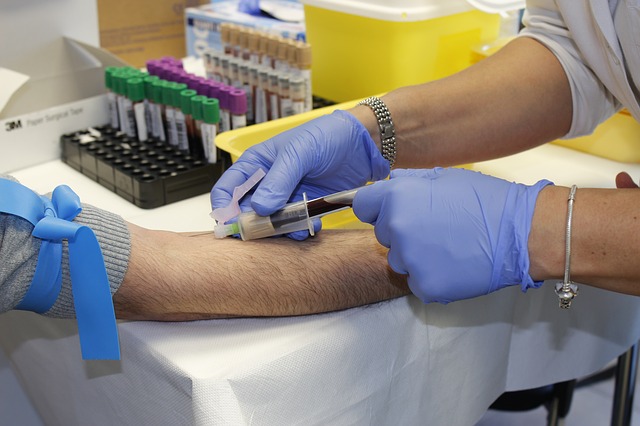 A lot of people may feel that if they’re in good health, they can afford to do the bare minimum or get the bare minimum. After all, if you don’t have any outstanding health issues, do you really need to pay more or take a long drive to the best doctor around? Well for starters, you could ask any Columbia medical malpractice lawyers stories of their clients who may have ended up losing money or even being permanently affected by doctors who either were negligent or didn’t properly perform the duties that they were trained to perform. This may be a bit extreme, though. Even for people who don’t encounter any major medical accidents or issues during their lives, their quality of life will improve with a skilled network of medical professionals on hand. Here’s why and what you can do to get started.
A lot of people may feel that if they’re in good health, they can afford to do the bare minimum or get the bare minimum. After all, if you don’t have any outstanding health issues, do you really need to pay more or take a long drive to the best doctor around? Well for starters, you could ask any Columbia medical malpractice lawyers stories of their clients who may have ended up losing money or even being permanently affected by doctors who either were negligent or didn’t properly perform the duties that they were trained to perform. This may be a bit extreme, though. Even for people who don’t encounter any major medical accidents or issues during their lives, their quality of life will improve with a skilled network of medical professionals on hand. Here’s why and what you can do to get started.
At the end of the day, finding the best doctor or medical professional is about more than just helping you handle a medical emergency or issue in the best way possible. It’s also about equipping you with knowledge. For example, let’s say that you are pre-diabetic due to some poor dietary choices. The best doctor will not only give you a frank assessment of your situation but also give you actionable tips in order to help you improve your diet. Telling people to “lose weight” or to “eat better” is correct advice, but we need to realize that there are a lot of people who don’t have the information on how to start doing so right away.
In addition, there may be other things and traits that you value from your doctor, like empathy or the feeling that you’re part of a family. Not everyone needs this, but if it’s a priority for you, you need to do extra research to find a doctor who’s going to meet those requirements.
So, how do you get started with that? For one thing, you need to try and figure out what type of doctor you need. For some people, like those who are just moving to a new city, you may just need to find a skilled general practitioner and that’s it. However, if you need specialty care, it can be that much harder to find, especially if you’re not sure what the issue is. For example, if you have pain in your back, you could need an orthopedist, neurologist, or several other professionals depending on the root cause. This is part of the reason why you want a good general care doctor to start, as seeing several different specialists can rack up a big bill very fast.
Once you’ve established what you need, the next step is seeing what options you have in your area. When it comes to defining that area, you need to be realistic. It’s worth it to drive a little further to see a doctor, but if you’re running the risk of risk or skipping appointments, it may be too far. How you can sort this out can take a number of different forms. There are sites out there where a doctor will put out listings in order to connect with patients in need, but an underrated way to narrow the field is through your insurance provider. In essence, you save yourself the frustration of finding a doctor you love but is not covered by taking this step first.
At this point, you have a narrow field to work with, but how do you pick who’s best? Ideally, referrals are the best source. This isn’t just because you’re getting a recommendation from someone you trust, but from someone who knows your needs specifically. Regardless, you’re still going to want to try and meet that doctor in person at one point before your appointment. This gives you a chance to see the office up close and ask any lingering questions.
Today, we benefit from more means than ever to not only see what options we have when it comes to professional help and services, but also what other people think of them. It’s important to not get overwhelmed by all the options, though, and focus in on the things that matter. This means making sure that your medical professional is not only knowledgeable, but also a good communicator and willing to make sure their patients both get the best care, and understand what they can do to improve their health independently.

